Published

Ed Gouldstone
Head of Product Management, Asset Management at Linedata
Millennials and Gen Z have been widely covered over the last few years as the beneficiaries of the incoming ‘wealth transfer’ from baby boomers, framed as set see more
- 02:00 am
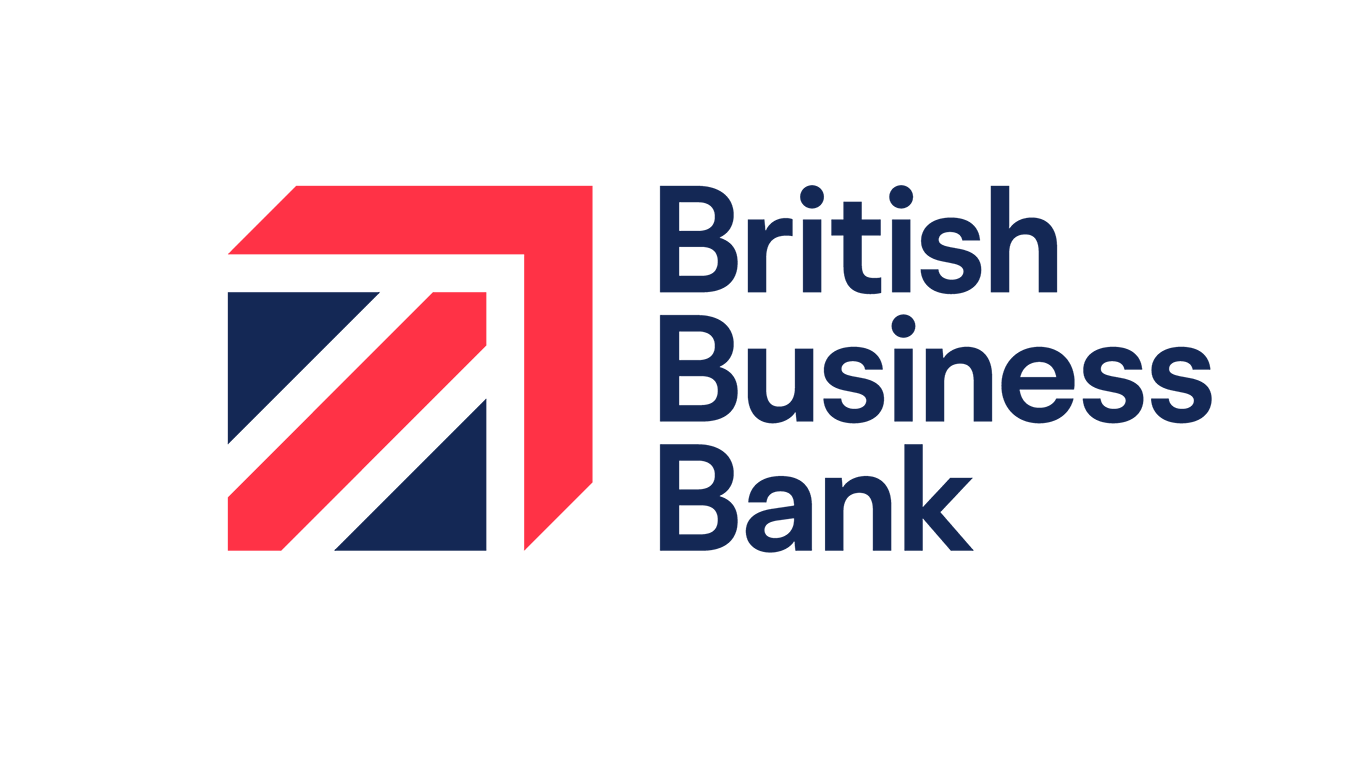
The British Business Bank announces today that, through the Recovery Loan Scheme, accredited lenders have offered over £4.5bn to smaller UK businesses as they steer a path towards a sustainable recovery.
Of the £4.51bn of total funding offered through 20,643 facilities, £3.83bn has been drawn down through 18,338 facilities.
The Recovery Loan Scheme launched in April 2021 and was originally scheduled to run until 31 December 2021. In Autumn Budget 2021, the government extended the scheme by six months to 30 June 2022 and made some adjustments to its terms. The government provided a guarantee of 80% for loans made before 1 January 2022 and 70% for loans after that date. The borrower remains 100% liable for the debt.
The government announced today that there will be a successor scheme to RLS, which will open for applications in August 2022. Further details will follow when the scheme goes live.
Catherine Lewis La Torre, CEO, British Business Bank, said: “The British Business Bank is committed to supporting smaller businesses in accessing the finance they need to grow sustainably. Thousands of businesses in all sectors and from right across the UK have taken out loans under the Recovery Loan Scheme. This will better position them to confront both the challenges and opportunities that are ahead.”
Data as provided to British Business Bank by Recovery Loan Scheme delivery partners as of 12 July 2022. A breakdown of loans offered by region and sector is provided below.
As the scheme matures, we intend to publish performance data half-yearly, based on the end of September and end of March data.
Related News
- 05:00 am
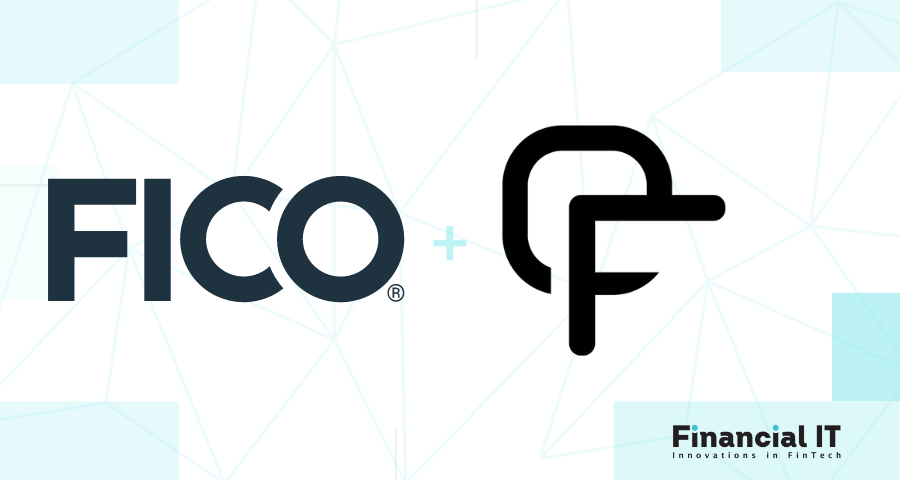
Global analytics software provider FICO announced today a partnership agreement with Israel’s Open-Finance.ai, a risk, finance and compliance software enabler of open banking and finance services and consulting firm headquartered in Tel Aviv. Through this agreement, Open-Finance.ai will integrate the FICO® Blaze Advisor® decision rules management system into its open banking platform. This fully automated, instant lending experience will allow lenders to move away from manual and time-consuming credit assessment methods and embrace real-time, analytically driven appraisals.
With the advent of open banking data in Israel, this integrated technology from FICO and Open-Finance.ai will help remove human bias from lending decisions, improve risk decisions and expand credit to more people.
“Israel is on the cusp of major banking reform with the introduction of open banking,” said Mark Farmer, vice president of Partner Management for FICO in Europe, the Middle East and Africa. “Automating decisions allows lenders to increase the efficiency of the lending process without sacrificing risk management regulatory rigour. This will speed up lending, increase customer satisfaction, reduce operational costs and drive economic activity.”
“Israel’s new open banking measures are an exciting opportunity to promote innovation and effective competition in the market,” said Itzik Gini, co-founder at Open-Finance.ai.
“Manual processes, a conservative approach and significant regulation have been a drag on the growth of the Israeli market,” said Shay Basson, co-Founder at Open-Finance.ai. Now, we have the ability to manage risk instantly, based on multiple data sources to provide an instant, yet risk-aware decision to credit and insurance consumers. To unlock this potential, we knew we wanted to work with FICO due to its global leadership position in decision management technology.”
As FICO’s flagship rules authoring solution and the world’s leading decision rules management system, FICO® Blaze Advisor® enables organizations to maximize control over high-volume operational decisions. Blaze Advisor provides businesses, across multiple industries, with a scalable solution that delivers unprecedented agility and actionability for smarter, transparent, and more consistent business decisions. Blaze Advisor empowers business users with multiple methods for rule authoring, testing, deployment, and management.
Related News
- 03:00 am

MariaDB® Corporation today announced the appointment of Christine Napoli as chief financial officer, and Christine Russell as a new board member.
The appointments come at a pivotal time for the company, which reported 42% growth in annual recurring revenue (ARR) for the six-month period that ended March 31, 2022, compared to the same period last year. In this period of time, MariaDB has grown over four times the market forecasted growth of the relational database market, which IDC forecasts as growing by a 9.6% compound annual growth rate (CAGR) for the period between 2020 and 2025 (IDC, “Worldwide Database Management Systems Software Forecast,” 2021-2025, US48224421, September 2021).
As companies modernize and move to the cloud, MariaDB database products free customers from the costs, cloud lock-in, constraints and complexity of proprietary databases. The company has a fast-growing customer base with well over 600 customers in over 60 countries across industries such as financial services, telecommunications, retail, technology, public sector and education.
“As we scale MariaDB, it's critical that we have a team with the experience and expertise to implement the financial controls and operations expected from publicly traded companies,” said Michael Howard, CEO at MariaDB Corporation. “Ms. Napoli and Ms. Russell have both led brilliant careers in finance and have the experience to lead us in the times ahead. With these two new leaders, we are well-positioned as we continue our transition to the public spotlight.”
“There is a renaissance happening in the database industry,” said Napoli, CFO at MariaDB Corporation. “With the need to be data-driven, as was evident during my time in the media industry, databases, which are the backbone of applications, must be ultra-resilient and must support massive scale. MariaDB is clearly in a leading position with its new generation database technology, and I’m excited to be part of the team that will support its growth and operations.”
Napoli joins MariaDB from Peacock, NBCUniversal’s streaming service, where she was CFO. While at Peacock, she was a key leader since its inception, helping to grow the business to 28 million monthly active accounts in a two-year period and well over $700 million in fiscal year revenue. She is a seasoned executive with vast operational and financial experience across a multitude of NBCUniversal business units. Previously, she worked at Price Waterhouse LLP (now PwC) as a public auditor in the financial services sector.
Russell is currently on the board of directors and chair of the audit committee at three publicly traded technology companies including AXT, Inc., eGain Corporation and QuickLogic Corporation, as well as several private companies including iCoin Technology and the Silicon Valley Directors’ Exchange. She was previously CFO at six publicly traded companies including PDF Solutions, UniPixel, Inc., Virage Logic Corporation, Ceva, Inc., Persistence Software Inc. and Valence Technologies, Inc. as well as two private equity-backed firms and four venture capital-backed companies. She has completed successful IPOs and follow-on equity offerings raising over $200 million.
“MariaDB is on the fast track to being a wildly successful company,” said Russell, board member at MariaDB Corporation. “Very few companies are positioned as well as MariaDB to take on the $40 billion relational database industry and help customers transition from proprietary databases to open source and the cloud. I look forward to working closely with the rest of the board and executives to capitalize on this incredible market opportunity.”
Related News
- 08:00 am
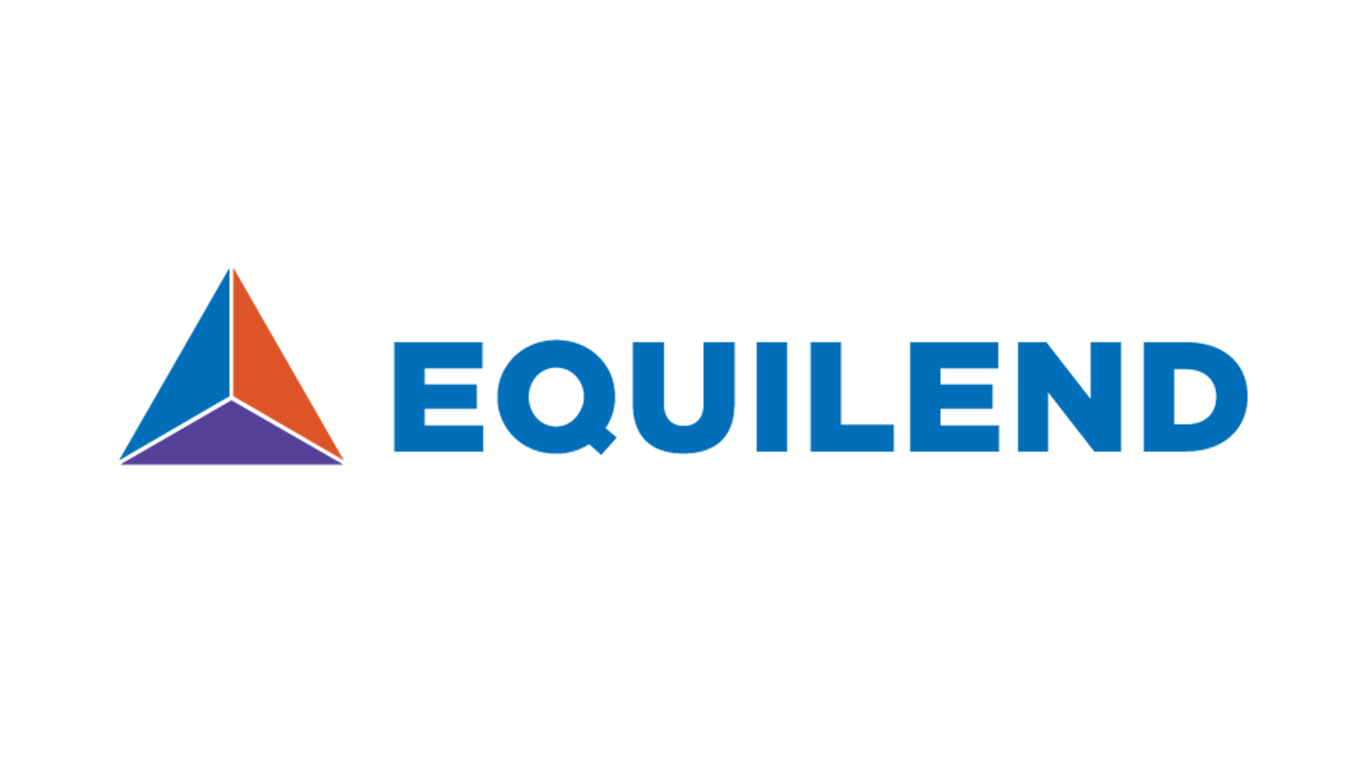
EquiLend, the global financial technology, data and analytics company for the securities finance industry, today announced that its Swaptimization platform will be going live this autumn for financial institutions in the European Union.
The EU launch of Swaptimization, which utilizes a proprietary matching algorithm to pair natural positions across market participants to facilitate bilateral security-based total return swaps (TRS), follows the ongoing success of the regulated platform in the U.S. swaps market.
EquiLend is now in the final stages of securing regulatory approval from the Central Bank of Ireland to operate Swaptimization as an organized trading facility (OTF), which will enable EU-based institutions to trade on the platform.
Operating as a regulated platform provides assurance to participants that robust oversight is in place. EquiLend systems are regulated in jurisdictions around the globe.
In advance of the EU launch, Swaptimization has been enhanced with new features including credit approvals and hedging notifications to counterparties, smart allocations in general collateral (GC) funding baskets and improved audit trail features.
Additionally, EquiLend has appointed Matthew Zienau, swaps and equity finance expert with more than 30 years of experience at firms including Credit Suisse, J.P. Morgan, Citibank and Pershing, as Swaps Product Specialist based in London. Zienau will report to Matt Collins, Head of Swaptimization and EquiLend Clearing Services, and Rowena Brown, Head of Trading EMEA & APAC at EquiLend.
Brian Lamb, CEO of EquiLend, said: “EquiLend has transformed the global securities finance industry through technological efficiencies and in building an extensive network of market participants over our more than 20 years in fintech. We are excited to extend our solutions to the swaps community in Europe and to bring automation to the market in the region.”
Matt Zienau, Swaps Product Specialist at EquiLend, said: “I am thrilled to be joining EquiLend at a pivotal moment for the swaps industry as the firm continues its strategy of bringing automation to the global swaps markets. The continued expansion of Swaptimization marks a new era for TRS, a market in critical need of operational efficiency, automated workflow and regulatory certainty.”
Related News
- 05:00 am
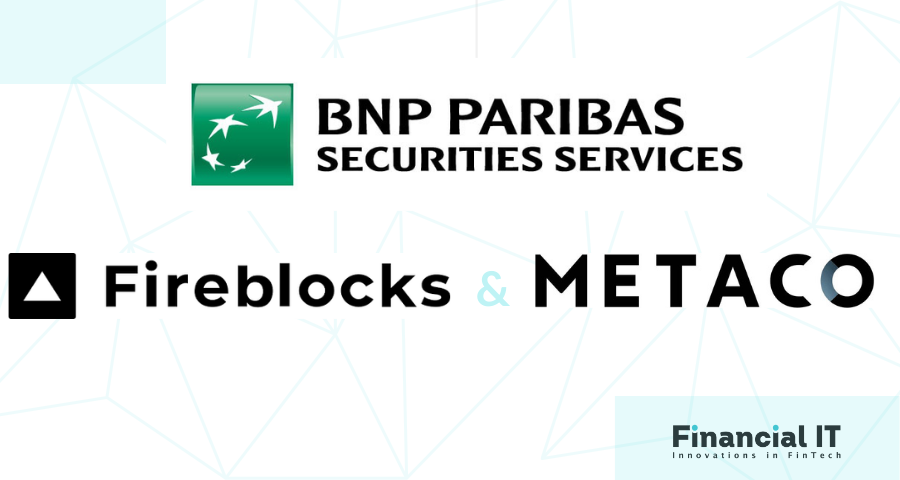
BNP Paribas Securities Services has selected two major fintechs – Fireblocks and METACO - to develop its digital asset custody offering and help clients issue, transfer and safe keep regulated digital assets efficiently and securely.
The bank has selected Fireblocks as its hot wallet, tokenization, and connectivity infrastructure layer. As a first step, BNP Paribas Securities Services will use Fireblocks’ solution in their ongoing experimentation with the settlement and custody of regulated security tokens. Most recently, BNP Paribas Securities Services leveraged Fireblocks’ solution in a live experiment on the settlement and custody of a non-listed digital bond in the French market.
The bank has also recently selected METACO with the intention to integrate fintech’s bank-grade digital asset custody and orchestration platform into its existing infrastructure. The platform will underpin the bank's institutional custody offering and unify governance across its multiple systems, allowing institutional clients to store, issue and settle digital securities alongside their traditional assets.
Commenting, Wayne Hughes, Head of Digital Assets at BNP Paribas Securities Services, said: “These partnerships represent a new milestone for us, allowing us to build a multi-asset, multi-provider platform which, once the regulatory framework allows, will offer full connectivity across traditional and digital assets. Our objective is to offer our clients a single view of all these different types of assets for complete transparency, greater operational efficiency and risk management. Leveraging on the combined expertise of leading technical providers, will allow us to extend our custody offering to a wider scope of regulated digital assets as the market evolves.”
“BNP Paribas Securities Services is a leader in the asset servicing vertical. The team has shown an impressive ability and openness to collaborate alongside key industry players — from fintechs to central banks — to make great strides into the digital asset space,” explained Michael Shaulov, CEO and Co-Founder of Fireblocks. “We’re proud to support the BNP Paribas Securities Services’ team in their digital asset journey to meet the demand of institutional investors everywhere.”
Adrien Treccani, CEO and Founder of METACO, commented: “BNP Paribas is a distinguished European banking leader, and a leading global custodian. Being selected after a very rigorous process is testament to the strength of the value proposition we bring to global banks. By leveraging METACO, the bank will deploy the industry-standard digital asset custody and orchestration platform for top tier financial institutions, and will be able to offer clients a service underpinned by the highest possible security and scalability, while ensuring full regulatory compliance globally.”
Related News
- 01:00 am
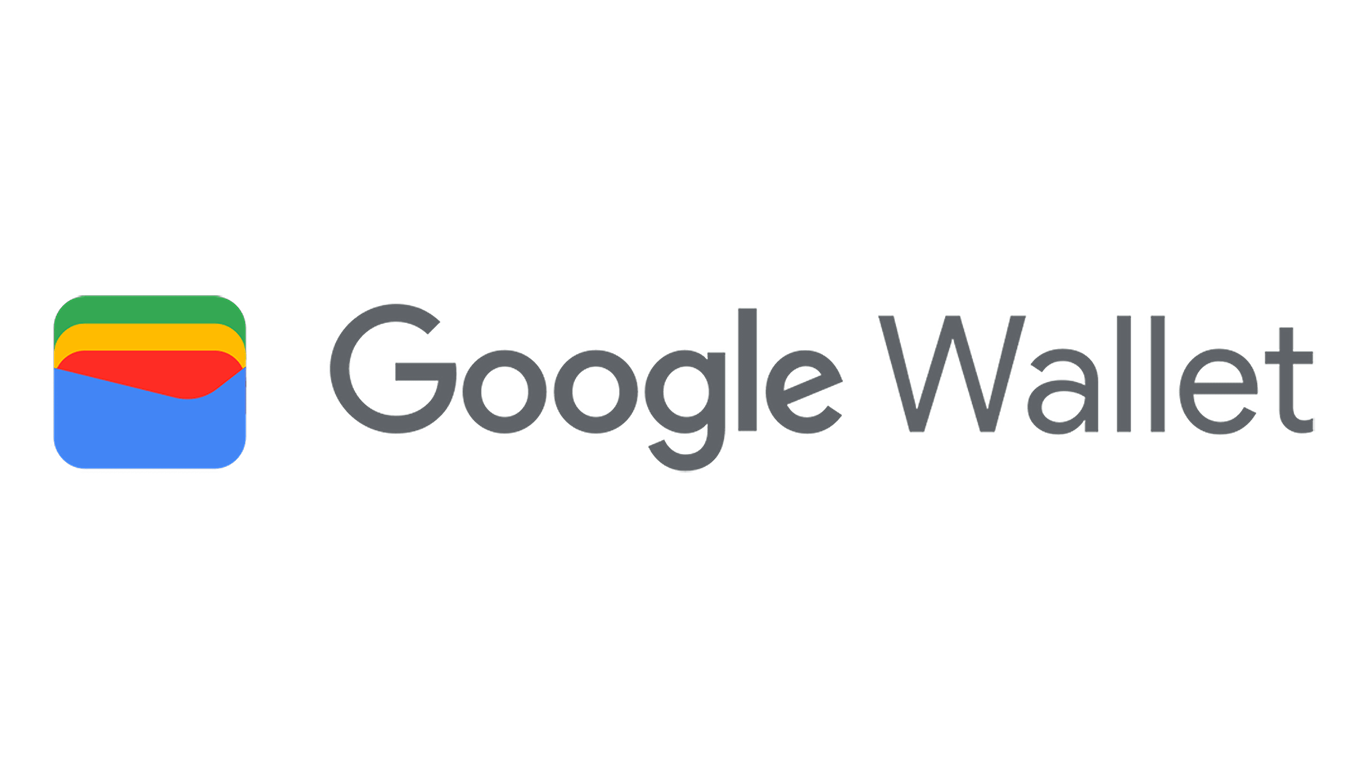
Google Wallet, the app that will replace Google Pay in many countries (more on that in a moment), has started to show up on people’s phones. According to Google spokesperson Chaiti Sen, the company has “started rolling out the Wallet to Android users in 39 countries,” and it’ll be available “to all users over the next few days.”
Google announced Wallet at its 2022 I/O event, pitching it as an app to manage all your digital cards — not just for payment, like debit and credit cards (though it does hold those), but for digital representations of your identification, vaccination status, tickets, keys, and more as well.
In most countries, Wallet will be replacing the current Google Pay app. (9to5Google reports that it’s currently rolling out as an update to Google Pay.) However, Google said that users in the US and Singapore would use both Google Pay and Wallet. In those countries, Pay will stick around as a way to send friends money.
Google’s had several iterations of Wallet that came before the one rolling out today. In 2011, it was an NFC payment app, and it evolved to include other payment features, such as peer-to-peer money transfers (there was even a physical Google Wallet debit card at one point). In 2018, Google combined it with Android Pay to form Google Pay. Now — in most places, at least — that app is starting to turn back into Wallet. It’s another big change in a long line of shake-ups for Google’s payment apps but hopefully, one that will make it easier to store digital cards and pay with your Android phone.
Related News
- 06:00 am

Phos, the fintech behind the leading software-only Point of Sale system (SoftPoS), has become the first solution provider to meet a new Visa requirement with its Software Development Kit (SDK).
An SDK brings together a set of tools that enable developers to build and programme mobile applications for specific platforms. The news is a major coup for the UK-based fintech as it becomes the first provider globally to meet the Visa Ready Tap to Phone Solution Requirements, version 1.8.
The approved phos SDK means that the fintech’s partners and customers no longer need to submit their own solution to a PCI-certified lab for review.
The Visa approval provides a multitude of cost and time-saving benefits across all industry segments, such as independent software vendors (ISVs), electronic point of sale (ePOS) vendors and acquirers who want to create a payment solution for their application.
The process to test every new integration or SDK in a PCI-approved security lab can take several weeks, or longer, before companies can go to market. In addition, partners reduce the high fees associated with testing new integrations in the labs.
This is phos’ second version of its SDK, and the latest solution means partners don’t lose valuable time and money in their go-to-market strategy. The approval of its new SDK marks a new milestone as fintech further cements its position as the leading SoftPoS provider.
Brad Hyett, CEO of phos, said: “We are proud to have become the first solution provider to meet Visa’s requirements with our new SDK. This is a noteworthy achievement, and it allows us to deliver great products to our customers and partners. At phos, we’re constantly identifying ways to innovate and challenge ourselves and being recognised and approved by Visa for our efforts is rewarding and reassuring of the great work we do.
“We have been working relentlessly on ensuring our technology is in line with the new expectations set out by Visa, along with other card schemes. I’m pleased with the way our team has achieved this and we can’t wait to see several of our partners benefit from this soon.”
Phos is the leading provider of SoftPoS and its new SDK will enable businesses to create their own SoftPoS app. The technology allows merchants to accept card payments directly on any NFC-enabled Android phone or mobile device, without the need for any additional hardware.
The London-headquartered business also secured €2 million (approximately £1.7 million) in equity funding in August of last year. The new capital along with the approved SDK will enable fintech to continue to expand its operations into new markets.
Related News
- 03:00 am
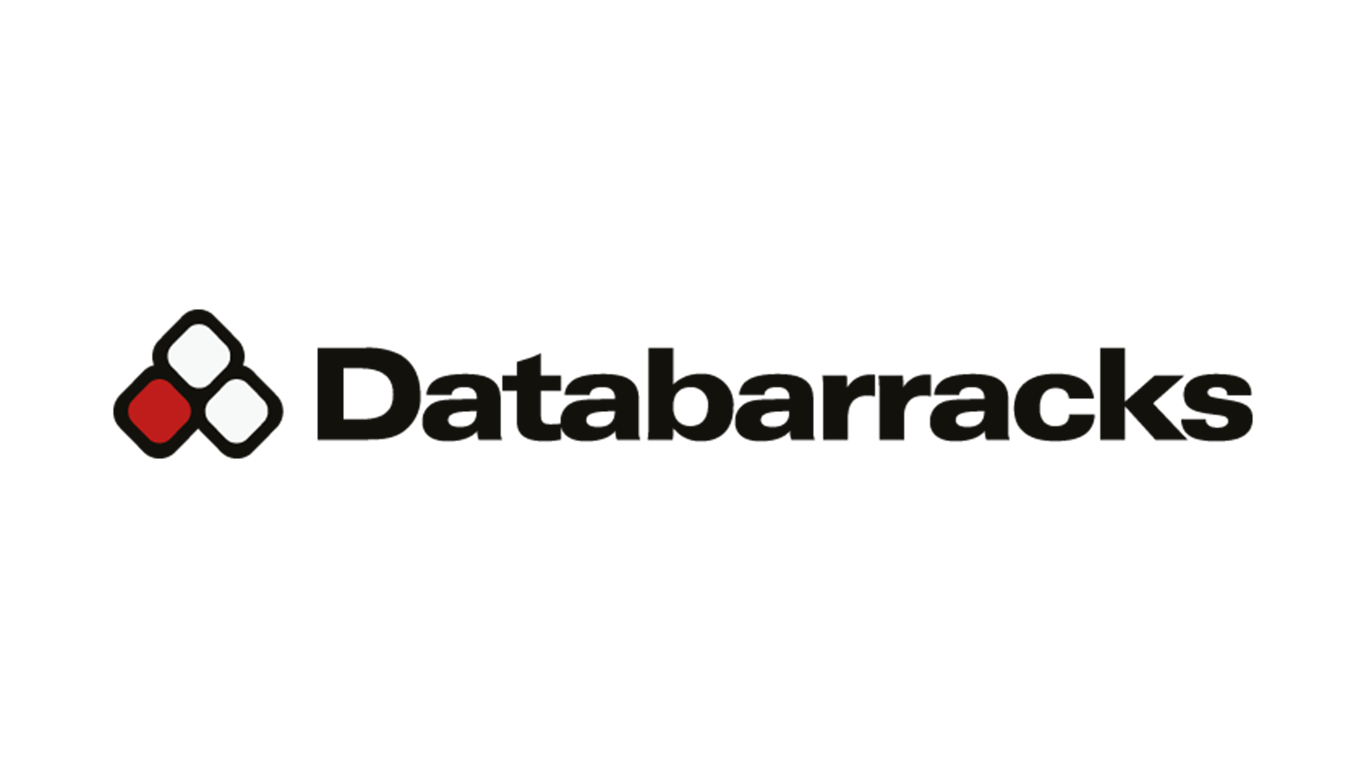
New research by Databarracks has shown that 38% of organisations reported cyber attacks and internal breaches as a cause of data loss in 2022.
The findings come from the annual Data Health Check, a survey of 400 IT decision-makers. This year’s survey focused on themes of Ransomware, Cyber, Backup, Disaster Recovery and Business Continuity.
Barnaby Mote, Managing Director of Databarracks commented: “For many of us, these results should come as no surprise. Data loss caused by cyber-attacks has been increasing year on year since we began the Data Health Check-in in 2008. In a relatively short space of time, we’ve watched cyber attacks go from minor threat, to where we are today as the leading cause of data loss for organisations."
Mote continued: “The seriousness of the situation cannot be overstated. The other causes of data loss have not gone away. IT teams are still dealing with similar numbers of incidents caused by human error and hardware or software failure. The growth is in addition to these causes. It is a significant burden because recovery from cyber-related data loss is typically far more difficult and time-consuming.
“Of those surveyed, over half have experienced a cyber attack. We also found, perhaps unsurprisingly, ransomware is the most common form of cyber attack this year.”
Mote provided suggestions on how organisations can protect themselves.
“There are two key areas organisations can focus on to protect themselves against cyber-related data loss. Firstly, improve your defences to prevent the attack from occurring and secondly, improve your ability to respond and recover if you do suffer data loss.
“Your first line of defence is your staff. It’s essential that employees are trained and practice good cyber hygiene. We found that almost a quarter of organisations have not carried out cyber security training in the last year.
“Review your Disaster Recovery plans to make sure they are up to date and equipped to deal with the task at hand. Cyber incidents are very different from traditional causes of data loss. Look specifically at the frequency of your backups and the number of versions of data you keep to minimise both downtime and data loss.
“Growth in cyber-related data loss will only continue so it is critical organisations are able to respond effectively.”
Related News
- 03:00 am
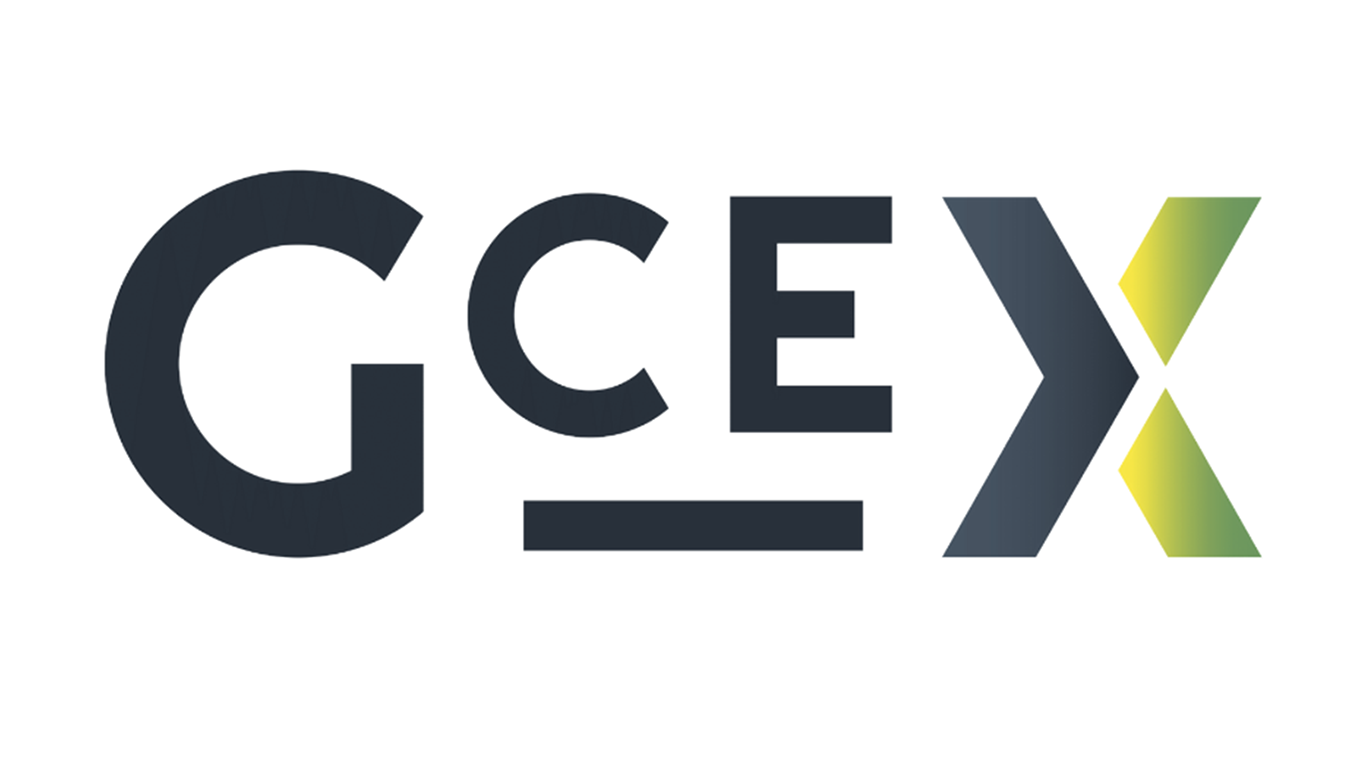
Digital brokerage, GCEX (GCEX Group) announces 24/7 FX trading for institutional and professional clients. This mirrors its digital assets offering, which provides 24/7 crypto trading.
Lars Holst, CEO, GCEX explains, “This is a significant announcement and another example of how GCEX is pushing boundaries and leading the way. It is the industry norm for FX shops to be closed at the weekend but we believe this will change and that money should be moving during the weekend, too.”
“Adapting our offering to 24/7 FX trading has been relatively simple as we are already open all hours for crypto trading and are used to providing high levels of service at weekends. I think most of the demand for this will be from payment providers. If people are using credit cards at the weekend, for example, why should the payment providers have to wait until Monday morning to settle the transactions?”
GCEX is regulated by the FCA in the UK and the FSA in Denmark, and recently announced provisional regulatory approval by the Virtual Assets Regulatory Authority in Dubai (VARA) to operate as a crypto exchange.
Founded in 2018, GCEX provides a best-of-breed digital asset and FX platform, with partnerships with Tier 1 and trusted liquidity providers, lending counterparties and digital custody institutions. The firm’s ground-breaking innovation comes from integrating all the components, resulting in far more than the sum of its parts. GCEX offers a wide range of products and technology solutions including White Labels.









